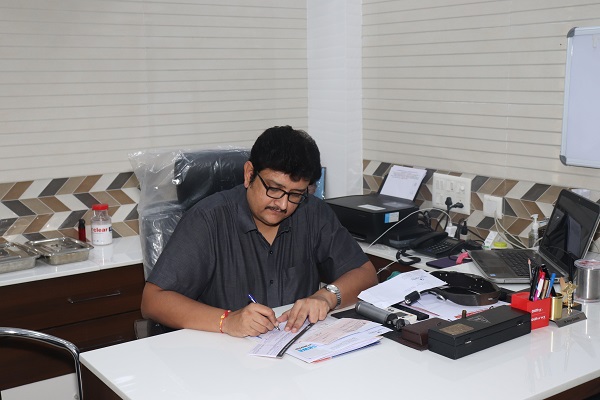Skin Prick Allergy Test in Rajasthan
A Skin Prick Allergy Test in Rajasthan is one of the most reliable methods to identify the triggers behind skin allergies, asthma, or respiratory issues. During the test, small amounts of common allergens are introduced on the skin to check for reactions. This simple and quick procedure helps in diagnosing allergies accurately and planning the right treatment.
If you are looking for expert care, the Best Skin Allergy Doctor in Rajasthan can guide you through the process and provide personalized treatment plans. With advanced testing and effective management, you can achieve long-term relief from allergy symptoms. Book your Skin Prick Allergy Test in Rajasthan today and take the first step toward healthier, allergy-free living.
Allergies can significantly affect daily life, but timely diagnosis makes a big difference. Consulting the Best Skin Allergy Doctor in Rajasthan ensures you get accurate insights into your condition and the most effective treatment options. Whether it’s seasonal allergies, food sensitivities, or skin reactions, the Skin Prick Allergy Test in Rajasthan provides a clear picture of your triggers, helping you manage symptoms with confidence.

